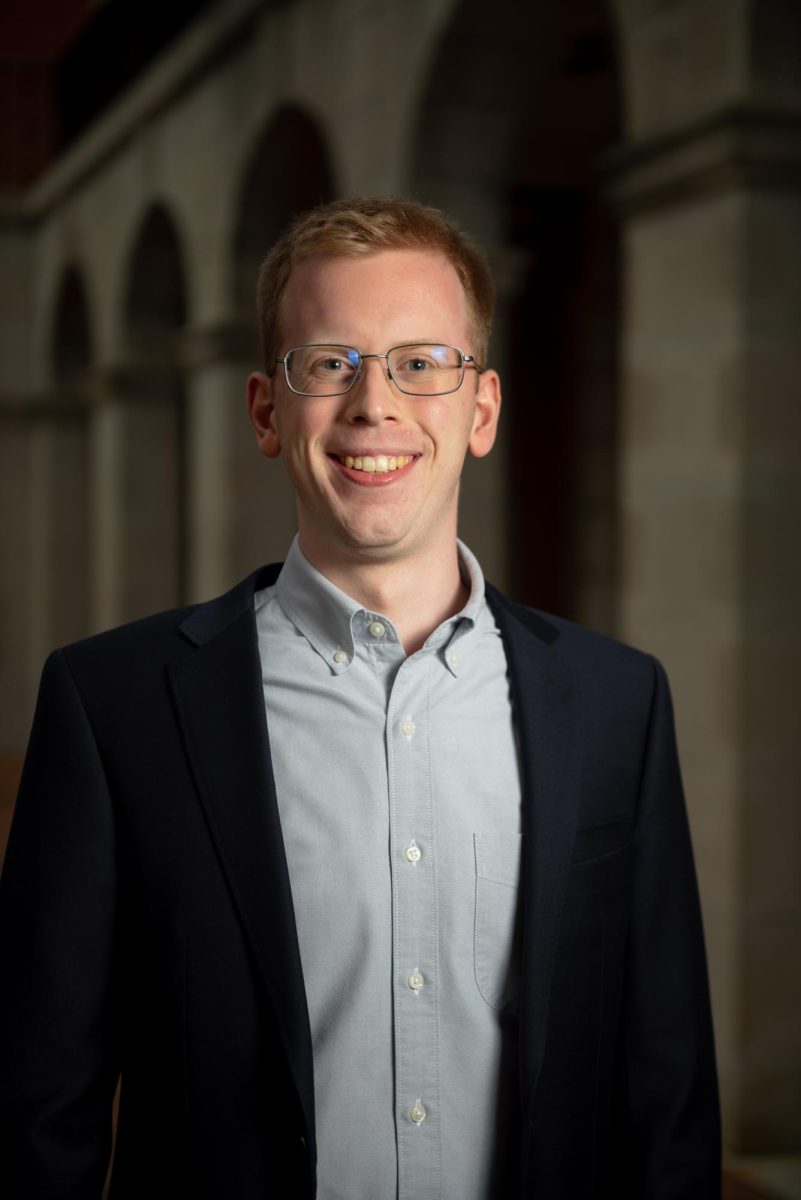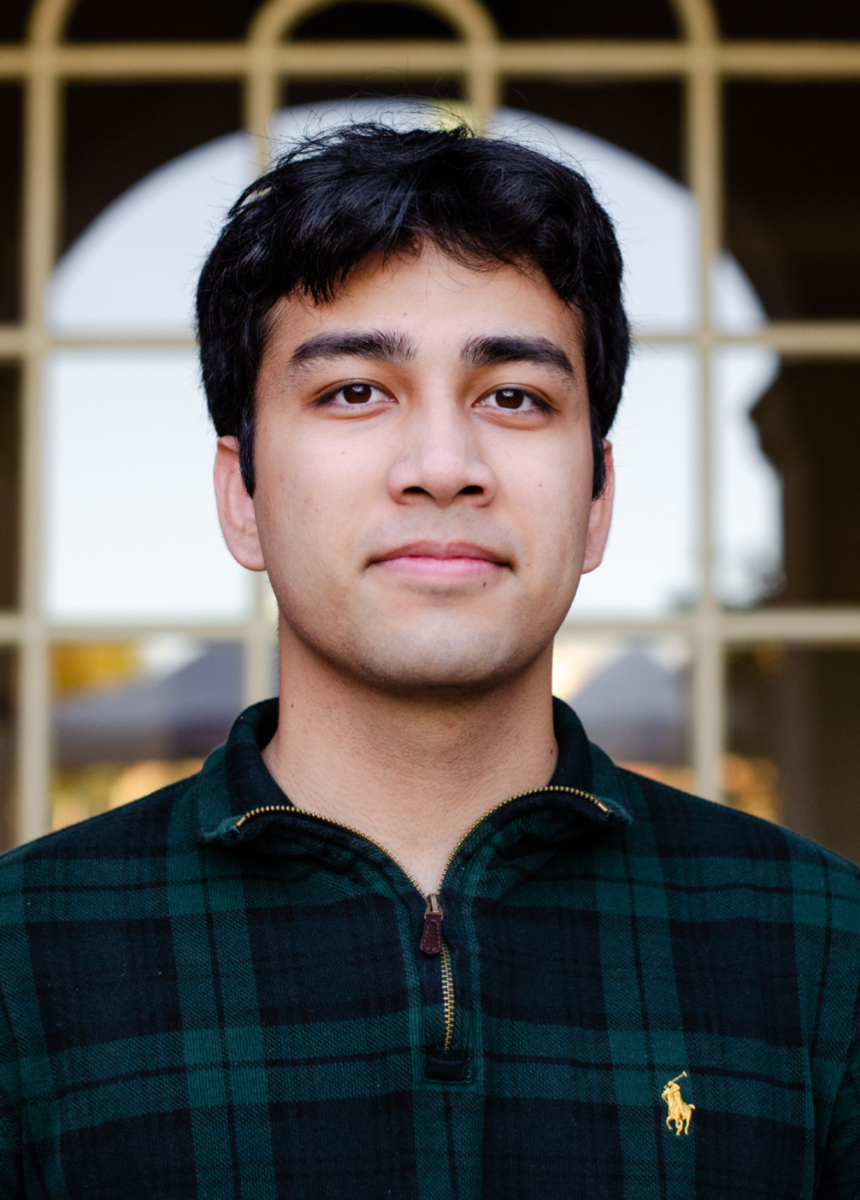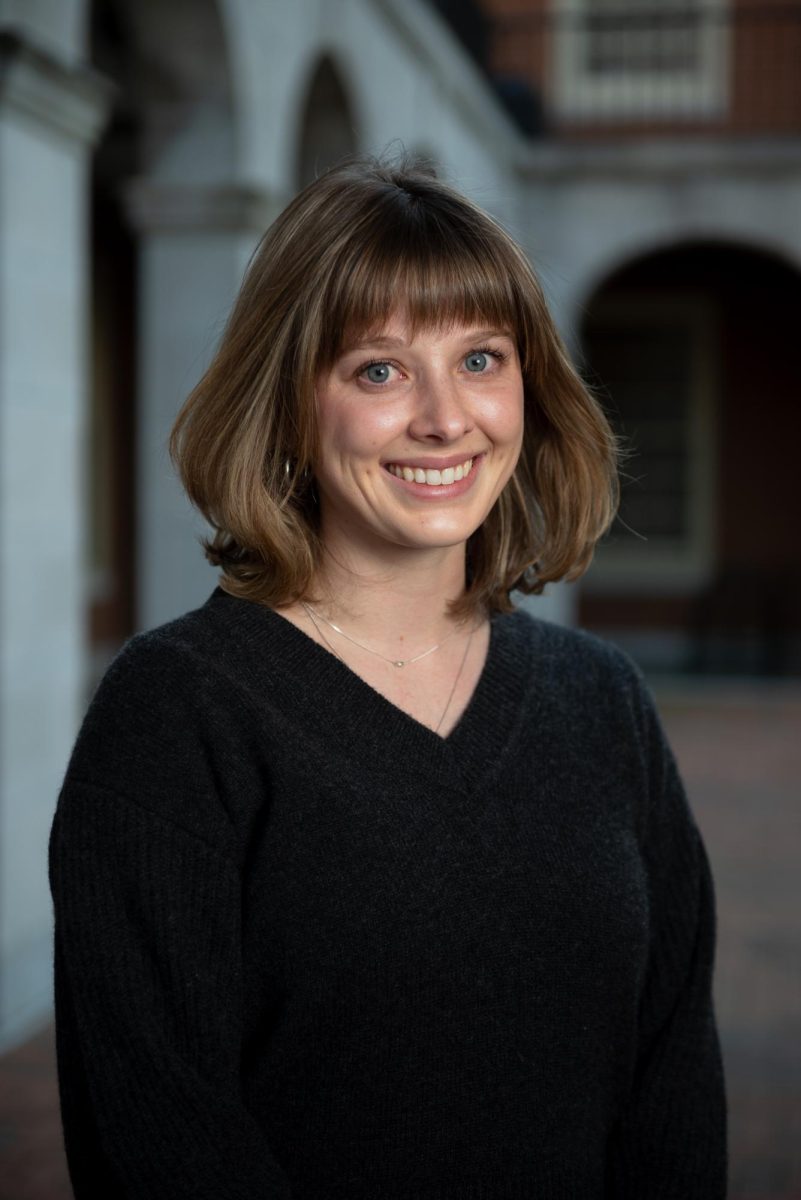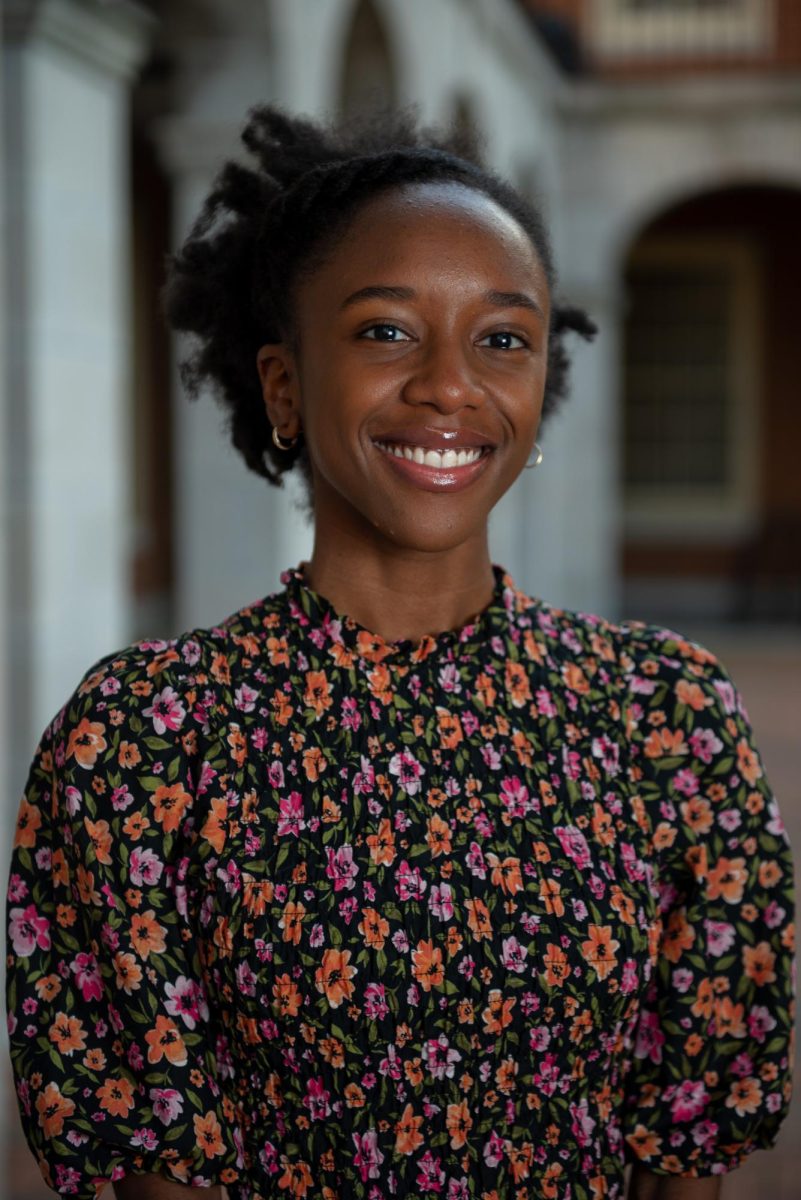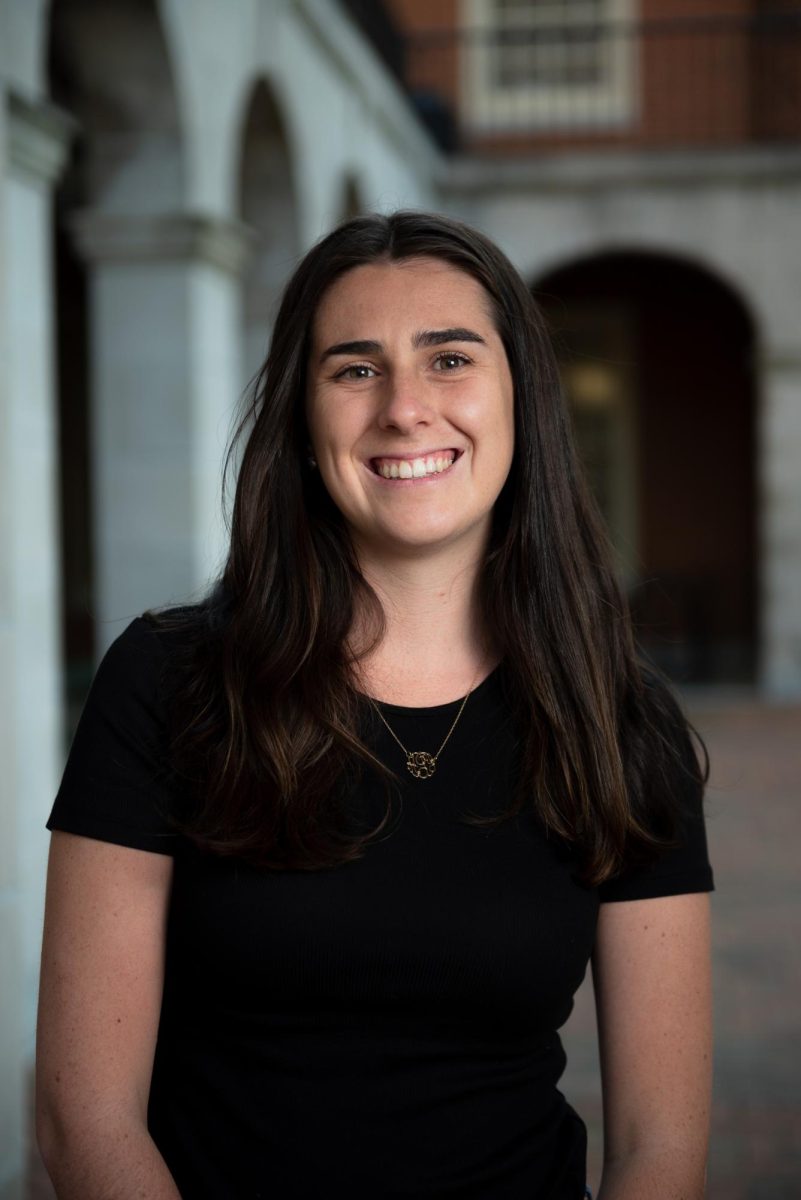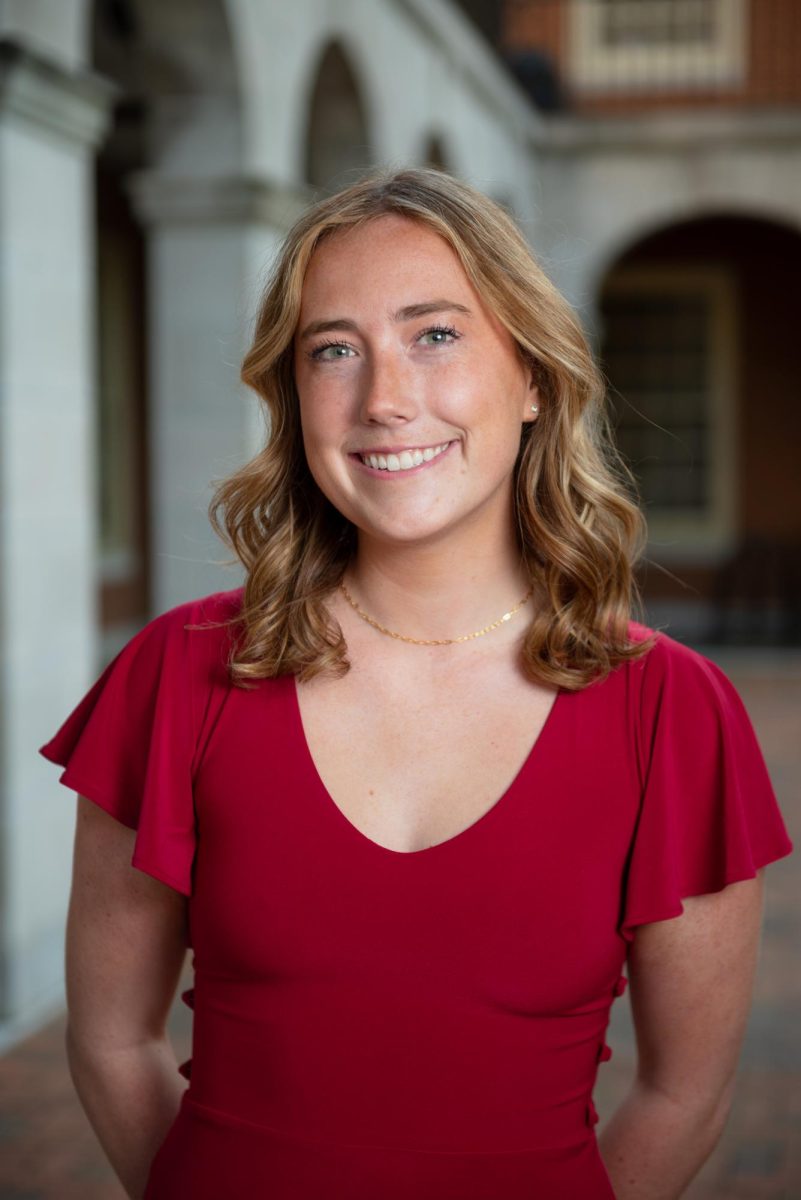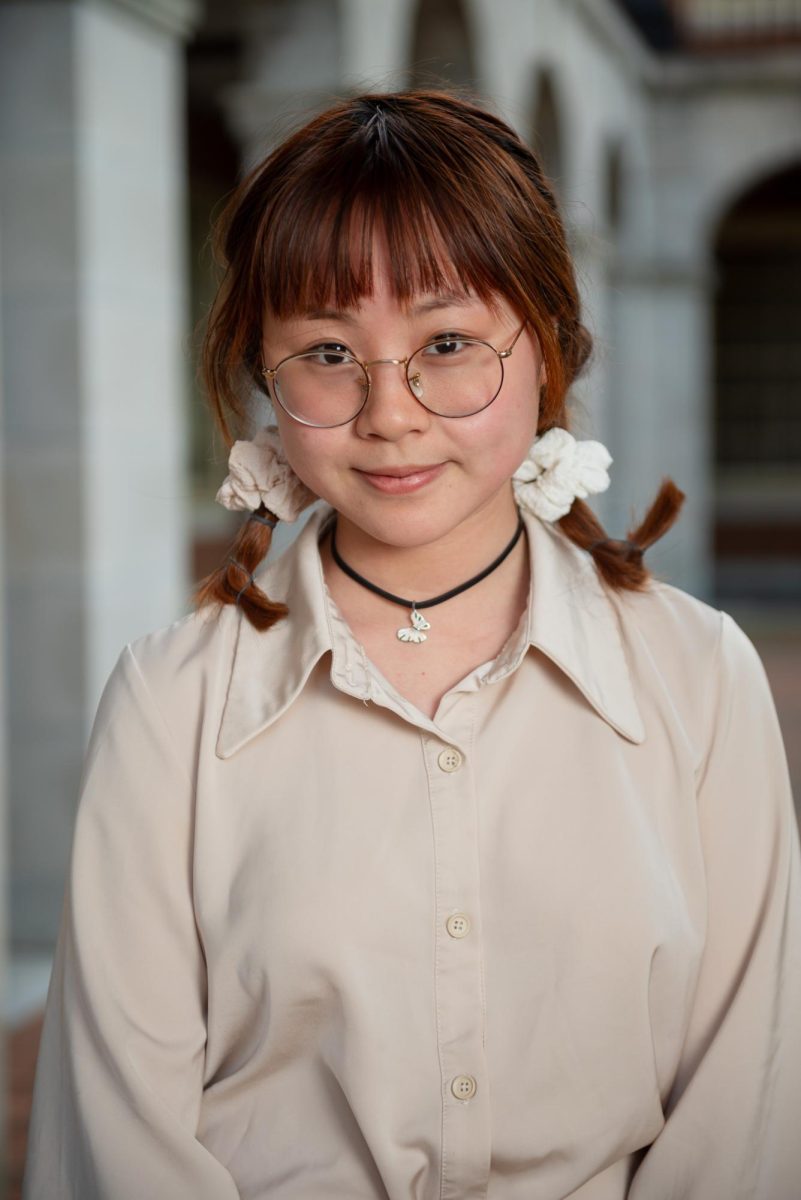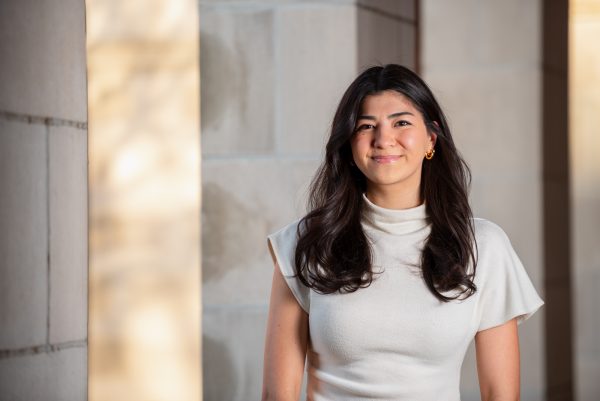Ten-year-old Josiah Brinson looks across a chessboard at an opponent three times his age. Engaged in an intellectual dance with a more seasoned chess player, Brinson must rely on his problem-solving abilities — those that transcend the game board.
Now a senior physics major and mathematics and engineering double-minor, Brinson sees the parallels between his early interests and current academic pursuits. A game of critical thinking and strategy, chess demands a skillset not dissimilar from what is required in the physics field.
“Even as I do physics now, it’s kind of like a chess game — full of analogies for the real world,” Brinson said. “You have a problem to solve in front of you, and you have to find the best move given your particular situation. And you don’t know what’s going to happen long-term, but you kind of make gradual steps toward that.”
He continued: “[Physics is] not knowing what your opponent — which in the research lab is every possible thing that could break or everything that can fail — will throw at you.”
Brinson entered his freshman year at Wake Forest knowing he wanted to major in physics. He always liked math but studied physics for several years in high school and enjoyed how the field applied math to the real world.
“You are not only working with a lot of mathematical equations, but you are using them to solve problems, and, especially in the experimental world, get to be in the lab and with your hands, actually solving problems and using the math together,” he said.
Brinson works in Dr. Ajay Kandada’s Quantum and UltraFast Optical Spectroscopy Lab.
“We essentially hit materials with really, really powerful laser lights and study how the material responds,” he said.
Brinson is interested in the ways this research can be technologically applied to devices, such as computer chips, which is why after graduating from Wake Forest, he will be pursuing a PhD in electrical engineering at Duke University.
“They work with something called metamaterials, and these materials go into devices that are specifically, directly important in the electronic device industry,” he said.
Though it may seem like Brinson has his hands full with academic work, he makes time for his numerous interests outside the classroom.
He is president of the chess club at Wake Forest and is also a President’s Aide. Additionally, Brinson loves any outdoor recreational activities, such as hiking, playing basketball and running, to name a few. And, he loves to cook.
“They’re both a chance to give my mind a break because I tend to spend a lot of time in academic work … and even chess is very brainy, so having things that [allow me to] … be in the sun, be outdoors and enjoy nature, I love that,” Brinson said. “And then with cooking … it’s still hands-on work, and it’s rewarding and tastes good.”
Brinson looks back on his time at Wake Forest very fondly and credits the liberal arts education for allowing him to explore different sides of himself that a solely STEM-based education may not have.
He was able to explore his interest in music, and, although he acknowledges it as one of the scariest things he has ever done, he took voice lessons for the first time when he was a sophomore. A year later, he found himself putting on a solo performance as well as singing with the Winston-Salem Symphony.
“I love music,” he said. “And so having that on the side and being able to get away from the realm of STEM and do music — it’s just been incredible.”
Whether he is cooking, singing or working with lasers in a lab, Brinson approaches the wide-ranging facets of his life with the same thoughtfulness and foresight of a chess grandmaster.
“I really want to play a significant role in the development of materials towards quantum applications in quantum computing and devices of that sort.” Brinson said. “… I want to have some — no matter how little — contribution that paves the way for a big discovery in the quantum realm of materials … that’d be cool.”



